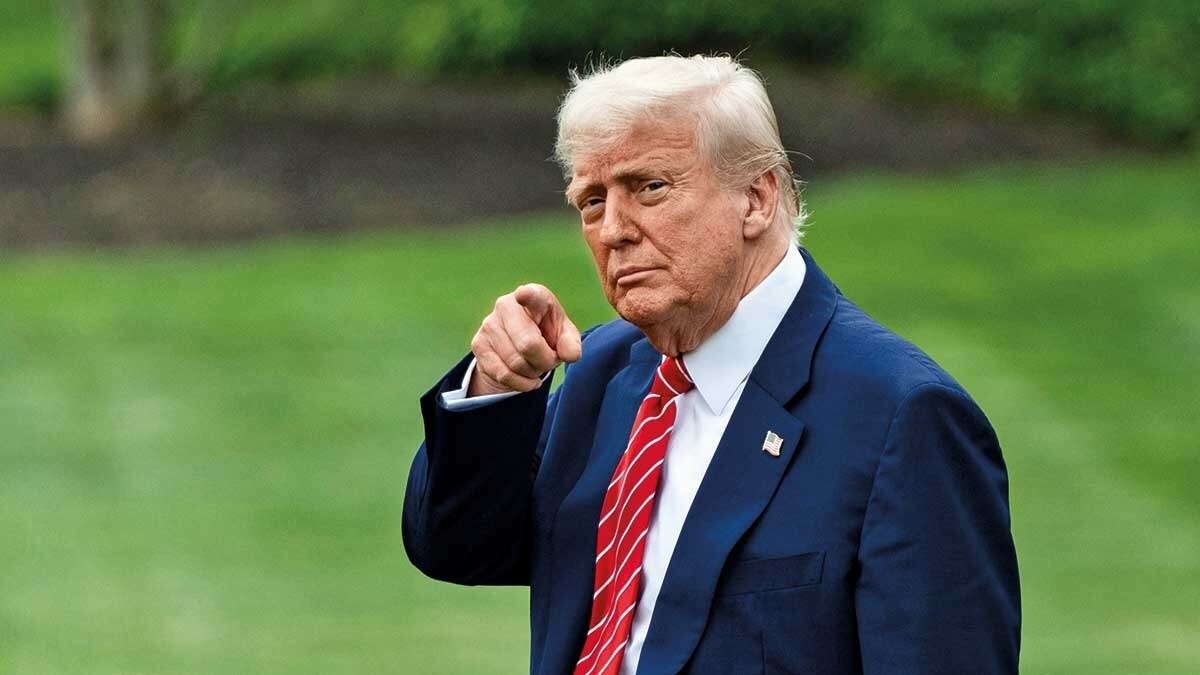Why is American milk too controversial for India? It’s not about quality, it’s about what the cows eat. And now, one investment banker has put a spotlight on what’s quietly blocking a billion-dollar trade deal.
“The milk, butter, and cheese in the US is ‘non-vegetarian’…” writes investment banker Sarthak Ahuja in a LinkedIn post — a detail he says is central to why U.S.-India trade talks are stuck.
According to Ahuja, U.S. dairy cows are routinely fed animal byproducts — chicken, pig remains, and blood — to increase protein intake and milk yield. For India, where over 30% of the population is vegetarian, that makes the final product unacceptable.
The Indian government insists that any dairy imports must be certified free of animal-derived feed — a “non-negotiable red line,” according to trade officials. Washington, meanwhile, calls these standards overly restrictive and has raised them as trade barriers at the WTO.
But culture isn’t the only concern. Ahuja points to a far larger risk: India’s own dairy economy. “India is the world’s largest producer of milk,” he notes. “Eight crore people depend on the industry for their livelihood.”
He warns that allowing heavily subsidized U.S. dairy products could cause domestic milk prices to drop by up to 15%, leading to potential annual losses of over ₹1 lakh crore for Indian farmers — many of them smallholders already on the edge.
Until both sides reach a compromise, the trade deal remains frozen. And starting August 2025, the U.S. could hit back with new tariffs on Indian exports.







